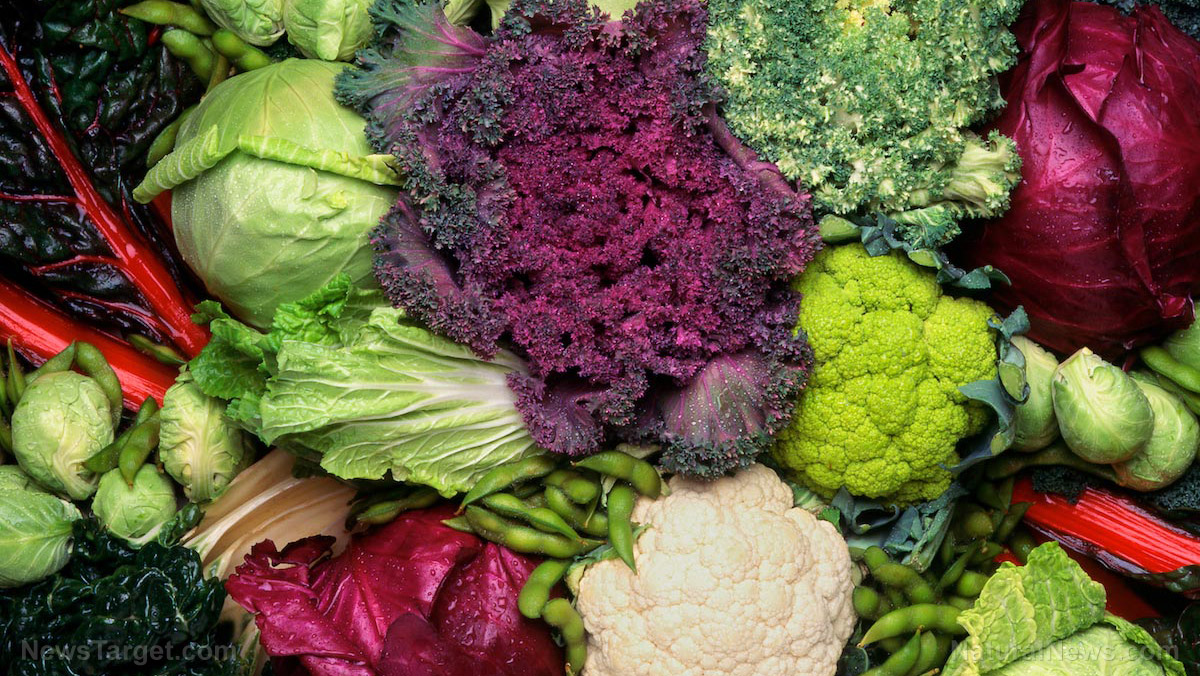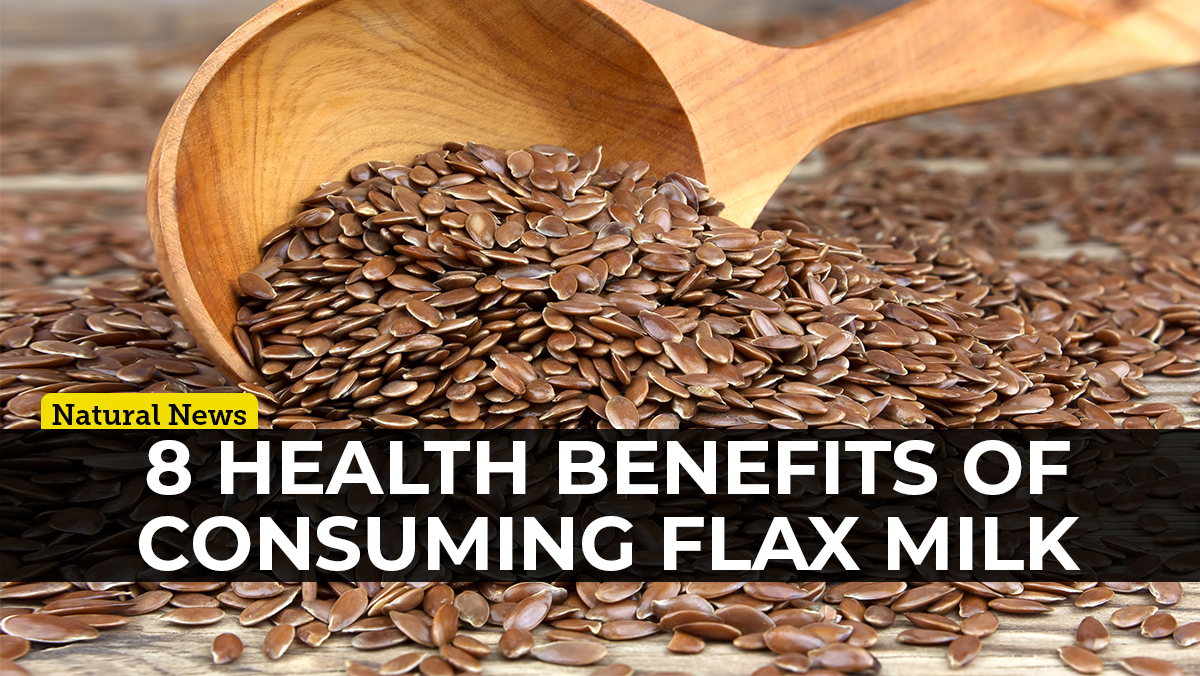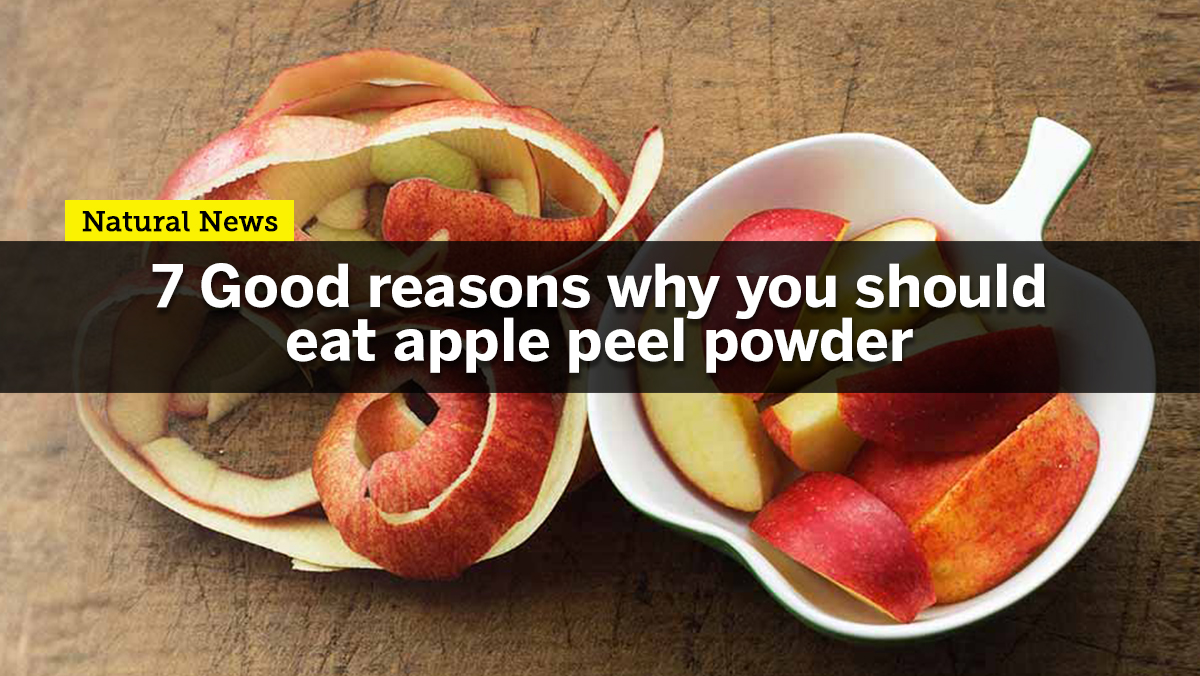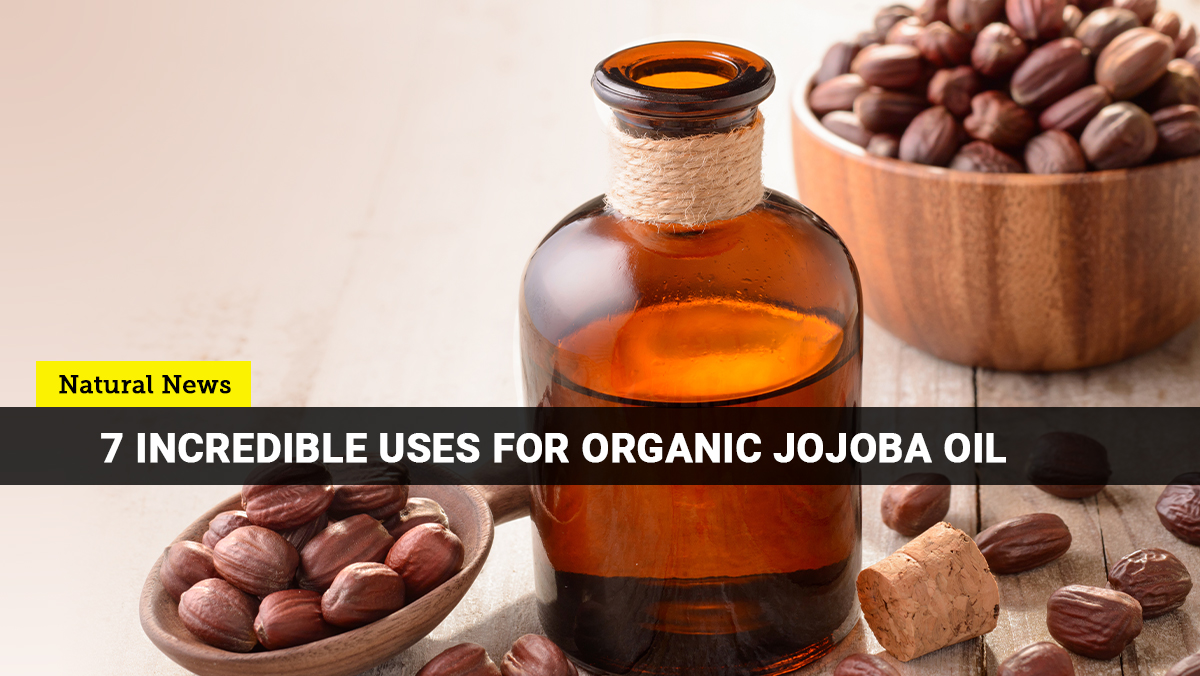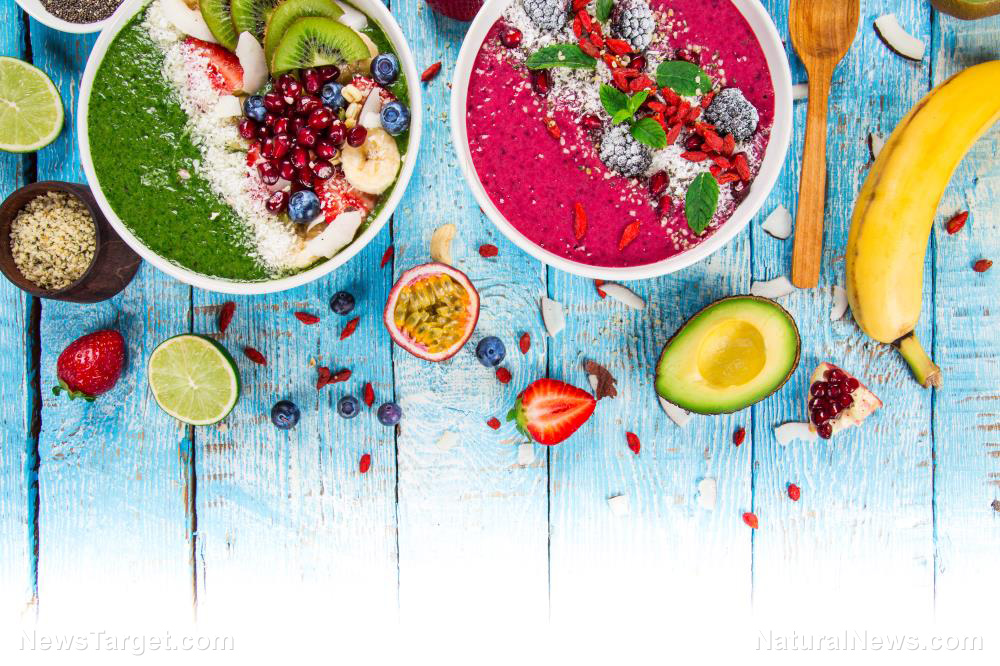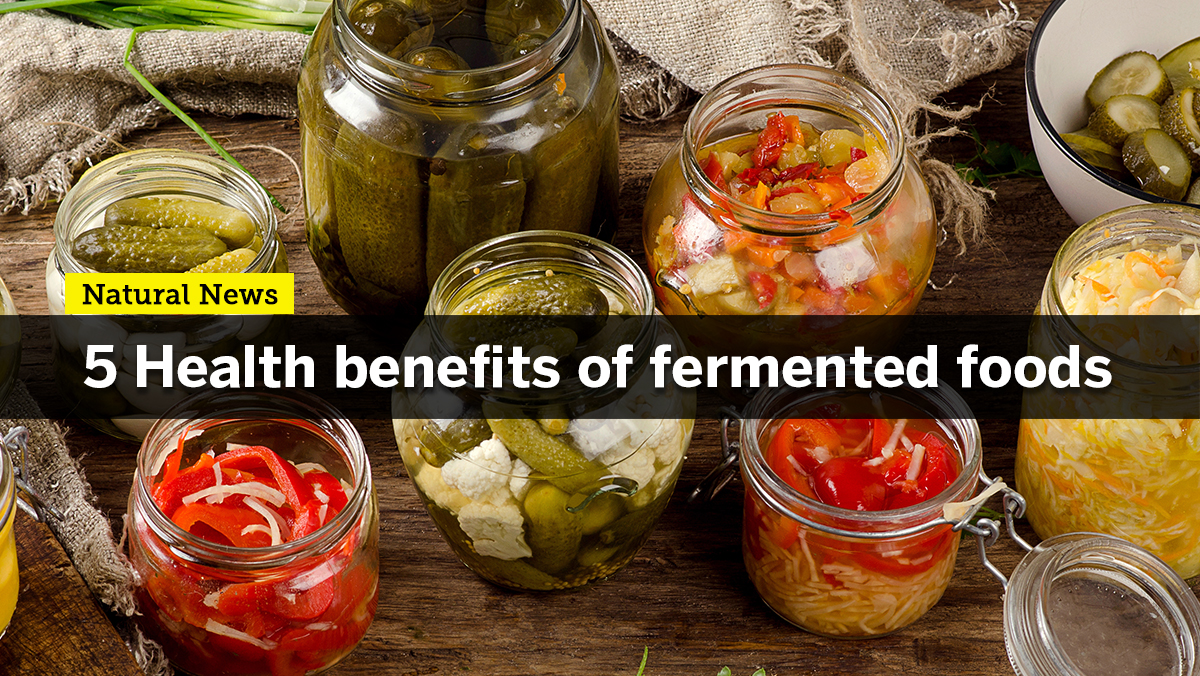Avocados are nutrient-packed superfoods: Here are just some of their health benefits
09/19/2019 / By Melissa Smith

The avocado (Persea americana) is a green, pear-shaped, single-seeded fruit that has gained popularity over the years because of its rich nutrient profile and amazing health benefits. Here are five best reasons to make avocados a part of your regular diet.
Avocados are nutrient boosters
Avocados contain high amounts of nutrients, such as healthy fats, fiber, folate, potassium, and vitamins K, C, B5, B6 and E. They also offer small amounts of magnesium, manganese, copper, zinc, iron, phosphorus, and vitamins A, B1, B2, and B3. In addition, eating avocados can help your body absorb more antioxidants from other healthy foods.
A study conducted by Ohio State University researchers found that when people ate salads and salsa topped with 2.5 teaspoons of avocado, they absorbed eight times more alpha-carotene and 13 times more beta-carotene. These are phytonutrients known to fight cancer and heart disease. Another study found that eating avocado with tomato sauce and carrots increased absorption of vitamin A, which is important for healthy skin, vision, and immune system.
Avocados keep you feeling full for longer
The healthy fats – particularly monounsaturated fatty acids (MUFAs) – in avocados help slow stomach emptying, which keeps you feeling full for long periods and delays the return of hunger. Researchers from a recent study asked participants to eat meals with or without avocado, then rate their feelings of satisfaction and appetite after. The researchers found that eating meals with avocado significantly increased the participants’ satiety and reduced their desire to eat for up to five hours.
Avocados aid in weight loss
Eating the right kinds of fat, such as those found in avocados, can help you lose weight. Aside from making you feel full, avocados provide antioxidants and fight inflammation – both of which have been linked to weight management. In one study published in the Nutrition Journal, researchers found that regular avocado eaters weigh less and have smaller waists than those who don’t eat avocados regularly.
Avocados support your heart health
The MUFAs in avocados have been shown to reduce low-density lipoprotein (LDL) or “bad” cholesterol and increase high-density lipoprotein (HDL) or “good” cholesterol. These effects, in turn, lower the risk of heart disease. In a recent study, researchers from the University of California, Los Angeles (UCLA) found that adding avocado to a burger prevented the production of compounds that contribute to inflammation, enhanced blood flow, and didn’t raise triglycerides beyond the amounts increased by the burger alone. (Related: Avocado helps mediate the inflammatory effect of grilled meats to lower risk of heart disease.)
Avocados are also a great source of potassium, which helps lower blood pressure by acting as a natural diuretic that gets rid of excess sodium and fluid out of the body. This, in turn, eases pressure on the heart and arteries.
Avocados are easily added to your diet
Avocados are versatile. They can be used for both savory and sweet dishes. Aside from making guacamole out of avocados, you can also add it to smoothies, fruit tacos, and chocolate pudding. You can also substitute it for butter when baking. One tablespoon of butter is equivalent to half a tablespoon of avocado. This cuts calories and upgrades the nutrient quality of your brownies or cupcakes, while still providing the creamy texture that you need.
How to tell the ripeness of an avocado
You can determine how ripe an avocado is by gently pressing into the skin. If it is firm and does not budge, you need to leave if for a few more days before consuming. You can speed up the ripening process by placing an avocado in a paper bag with a banana. Soft avocados make great guacamole or dip, while firmer ones are ideal for slicing and adding to a salad or a sandwich.
Start eating healthily today by making superfoods like avocados a regular part of your diet. Learn more at Superfoods.news.
Sources include:
Tagged Under: avocados, diet, food cures, food is medicine, functional food, healthy fats, heart health, monounsaturated fatty acids, nutrients, organics, phytonutrients, prevention, slender, weight loss
RECENT NEWS & ARTICLES
COPYRIGHT © 2017 ORGANICS NEWS

